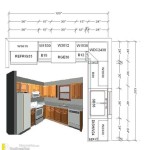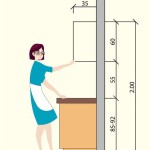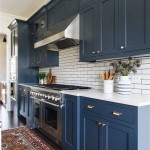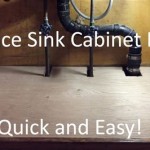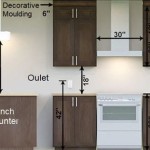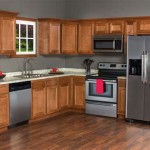PVC Kitchen Cabinets: Pros and Cons
PVC (polyvinyl chloride) is a durable and versatile material commonly used in construction, including kitchen cabinetry. PVC kitchen cabinets offer several advantages and disadvantages worth considering:
Advantages of PVC Kitchen Cabinets:
1. Water Resistant: PVC is an inherently waterproof material, making it an excellent choice for kitchens prone to moisture and humidity. Unlike wood or MDF cabinets, PVC cabinets won't swell or warp when exposed to water, ensuring longevity in even the most demanding kitchen environments. 2. Durable: PVC is known for its exceptional durability and resistance to wear and tear. It can withstand heavy use, making it ideal for busy kitchens with frequent cooking and cleaning activities. PVC cabinets are impact-resistant, preventing dents and scratches from everyday use. 3. Easy to Clean: PVC cabinets have a smooth, non-porous surface that resists stains and dirt. Cleaning is a breeze, as a simple wipe-down with a damp cloth is typically sufficient to remove spills and grime. 4. Versatile Designs: PVC can be molded into various shapes and styles, allowing for customization options to suit any kitchen design. From modern to traditional, PVC cabinets can be designed to complement any decor. 5. Cost-Effective: Compared to other cabinet materials like wood or metal, PVC cabinets are relatively affordable. Their durability and low maintenance costs make them a cost-effective choice for budget-conscious homeowners.Disadvantages of PVC Kitchen Cabinets:
1. Limited Heat Resistance: PVC has a relatively low heat tolerance, which can be a concern near heat sources like ovens or cooktops. Prolonged exposure to high temperatures can warp or damage PVC cabinets. 2. Chemical Sensitivity: Some individuals may be sensitive to the chemicals used in PVC production, which can cause allergic reactions or respiratory issues in rare cases. Proper ventilation is crucial for kitchens with PVC cabinets. 3. Not Biodegradable: PVC is not a biodegradable material, making it less environmentally friendly than other cabinet options like wood. However, its durability and longevity can offset its non-biodegradability to some extent. 4. Susceptibility to Scratches: While PVC is durable, it can be susceptible to scratches if not cleaned properly. Avoid using abrasive cleaners or sponges to prevent damaging the surface finish. 5. Off-Gassing: New PVC cabinets may emit a slight odor or off-gas during the initial stages of installation. Adequate ventilation is necessary to minimize the odor and ensure a healthy indoor environment.Conclusion:
PVC kitchen cabinets offer a range of advantages, including water resistance, durability, easy cleaning, versatility, and affordability. However, they come with certain disadvantages such as limited heat resistance, chemical sensitivity, non-biodegradability, and potential for scratches. Careful consideration of these pros and cons is essential to determine whether PVC cabinets are the best choice for your kitchen needs.
Pros And Cons Of Pvc Kitchen Cabinets 4 Less Mesa Arizona

What Are The Pros Cons Of Pvc And Wood Kitchen Cabinets Zad Interiors

What Are Pros Cons Of Pvc Over Wooden Cabinets For Your Kitchen

Pros And Cons Of Pvc Wood Kitchen Cabinets

A Guide To Modern Pvc Kitchen Cabinets And

What Are The Pros Cons Of Pvc And Wood Kitchen Cabinets Zad Interiors

Pvc Kitchen Cabinets The Pros And Cons 21oak

Why Use Pvc Kitchen Cabinets For Modular Kitchens Housing News

What Are Pros Cons Of Pvc Over Wooden Cabinets For Your Kitchen

A Guide To Modern Pvc Kitchen Cabinets And
Related Posts

